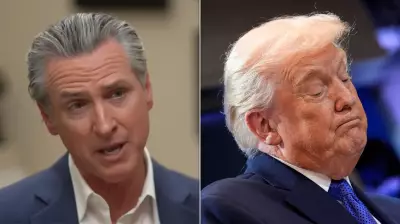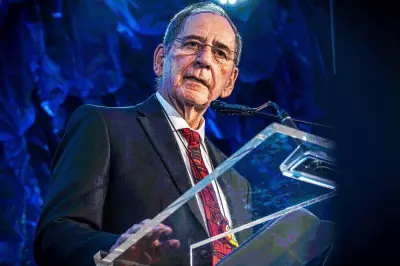
Saskatchewan is loading up for a constitutional showdown with Ottawa as the provincial government announces plans to introduce pioneering legislation that would guarantee fair compensation for firearms affected by the federal government's mandatory buyback program.
The proposed Saskatchewan Firearms Act represents a bold provincial move to protect gun owners from what the government calls "inadequate compensation" for firearms being banned through the federal buyback initiative. Justice Minister Bronwyn Eyre revealed the legislation would ensure owners receive full market value for their firearms, rather than potentially reduced government-set rates.
Constitutional Firepower
At the heart of this legislative battle lies a fundamental question of jurisdiction. Minister Eyre argues that property and civil rights fall primarily under provincial authority according to the Constitution Act. "This is about protecting the property rights of Saskatchewan residents," Eyre stated, emphasizing that the province isn't challenging the federal ban itself but rather the compensation framework.
What the Legislation Would Achieve
The proposed act would establish several key protections for firearm owners:
- Guarantee fair market value compensation for all affected firearms
- Create a provincial framework for firearm classification
- Establish Saskatchewan's authority over property compensation matters
- Potentially set a precedent for other provinces considering similar moves
National Implications
This legislative maneuver positions Saskatchewan at the forefront of provincial pushback against federal firearms policy. Legal experts anticipate the legislation could trigger constitutional challenges that might ultimately require Supreme Court resolution. The outcome could reshape how federal-provincial jurisdiction is interpreted regarding firearm regulation and property rights across Canada.
As the federal government moves forward with its buyback program for recently prohibited firearms, Saskatchewan's counter-legislation promises to make the compensation debate more complex and constitutionally significant than ever before.






